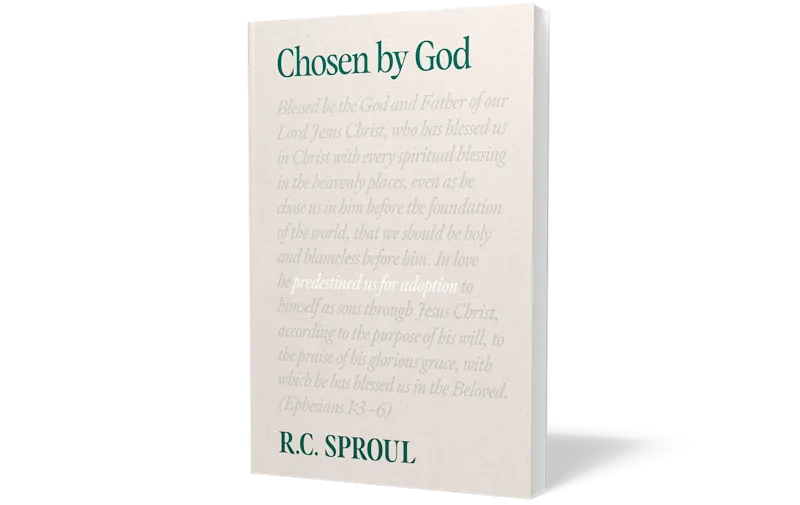Here's an excerpt from Through Many Toils, Burk Parsons' contribution to the May issue of Tabletalk.
John Newton (1725–1807) is perhaps best known for his hymn “Amazing Grace,” but what many do not know is that Newton was also a faithful churchman who served as a pastor in England from 1764 until a month before his death in 1807. His mother died when he was seven years old, and, upon his father’s remarriage, young John was sent to school. In 1795, Newton reflected on his relationship with his father: “I am persuaded he loved me, but he seemed not willing that I should know it. I was with him in a state of fear and bondage.”
At eleven, Newton became a seaman aboard his father’s ship. Then, in 1743, under compulsion, Newton became a midshipman with the Royal Navy, and, later, he was traded for goods and became the property of a slave trader’s wife who abused him and treated him like one of her slaves, who ate only the scraps from her table. After his rescue, Newton himself became a notorious African slave trader. He was a self-admitted sinful wretch who lived a life of debauchery and described himself by saying, “I was very wicked, and therefore very foolish; and, being my own enemy, I seemed determined that nobody should be my friend.” On March 10, 1748, the twenty-two-year-old Newton was converted to Christ while making a trip between England and Sierra Leone.
Continue reading Through Many Toils.

